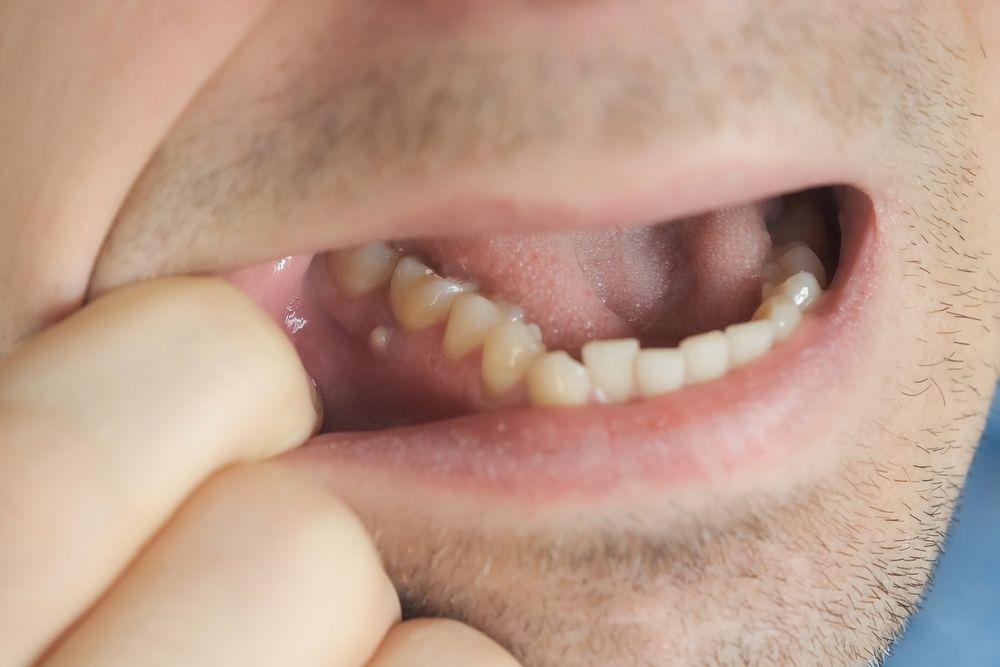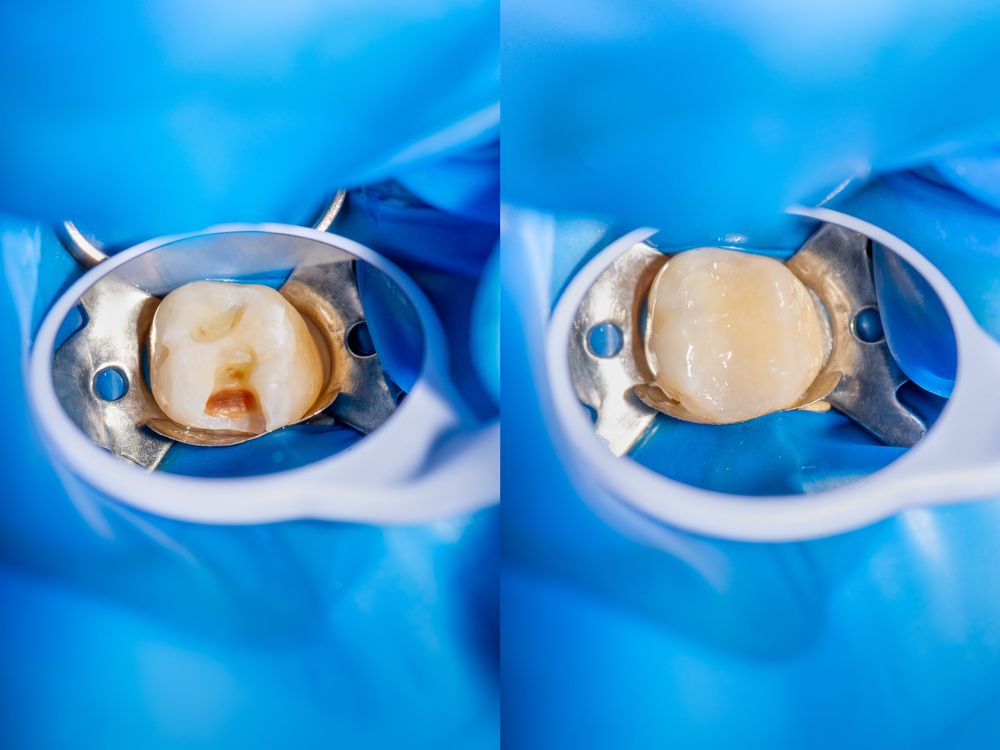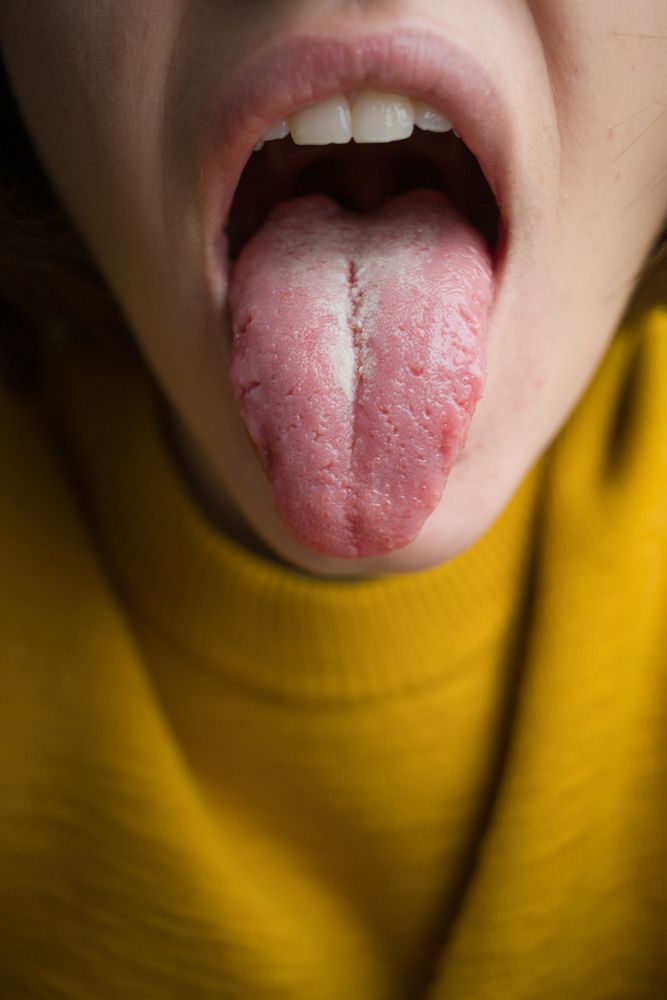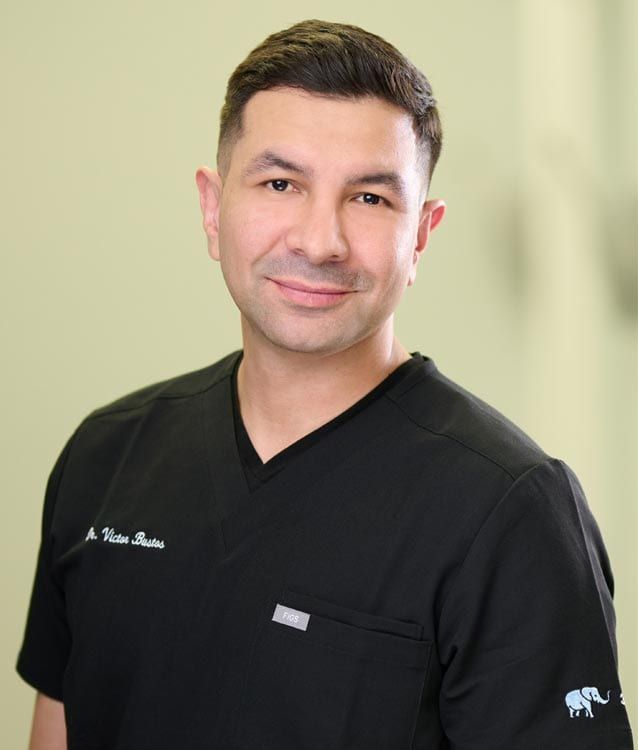Mouth sores can be a common and uncomfortable issue that affects many people at various points in their lives. These sores can be caused by a variety of factors, ranging from minor injuries to more serious health conditions. Understanding how to prevent and treat mouth sores can help you maintain optimal oral health and comfort. In this blog, we will explore the types of mouth sores, their causes, and effective prevention and treatment strategies.
Types of Mouth Sores
Mouth sores come in different forms, each with distinct characteristics. The most common types include:
- Canker Sores (Aphthous Ulcers): Small, painful ulcers that appear inside the mouth, often on the soft tissues such as the inside of the lips, cheeks, or tongue. They are not contagious.
- Cold Sores (Fever Blisters): Caused by the herpes simplex virus, cold sores are contagious blisters that typically appear on the lips or around the mouth.
- Leukoplakia: Thick, white patches that form on the gums, inside of the cheeks, or tongue. It can be a precursor to oral cancer and requires medical evaluation.
- Oral Thrush: A fungal infection caused by Candida yeast, resulting in creamy white lesions on the tongue, inner cheeks, roof of the mouth, and sometimes the throat.
Causes of Mouth Sores
Mouth sores can be triggered by various factors, including:
- Injuries: Biting the inside of your cheek or tongue, sharp or broken teeth, ill-fitting dentures, or braces can cause sores.
- Nutritional Deficiencies: Lack of vitamins and minerals, especially B12, folate, zinc, and iron, can contribute to mouth sores.
- Stress: Emotional stress and hormonal changes can trigger canker sores.
- Food Sensitivities: Certain acidic or spicy foods can irritate the mouth and cause sores.
- Infections: Viral infections like herpes simplex can lead to cold sores.
- Medical Conditions: Conditions such as celiac disease, Crohn’s disease, and autoimmune disorders can cause recurring mouth sores.
- Medications: Certain medications can cause dry mouth, leading to an increased risk of mouth sores.
Prevention Strategies
Preventing mouth sores involves adopting healthy oral hygiene practices and making lifestyle adjustments. Here are some effective strategies:
- Maintain Good Oral Hygiene: Brush your teeth twice a day with a soft-bristled toothbrush and fluoride toothpaste. Floss daily to remove food particles and plaque.
- Use Mouthwash: An antimicrobial mouthwash can help reduce bacteria in the mouth and prevent infections.
- Avoid Trigger Foods: Identify and avoid foods that irritate your mouth, such as spicy, acidic, or rough-textured foods.
- Stay Hydrated: Drink plenty of water to keep your mouth moist and reduce the risk of sores.
- Manage Stress: Practice stress-reducing techniques such as meditation, yoga, or deep breathing exercises.
- Protect Your Mouth: Use dental wax on braces and wear a mouthguard during sports to prevent injuries.
Treatment Options
If you develop mouth sores, several treatments can help alleviate discomfort and promote healing:
- Over-the-Counter Products: Topical gels, creams, and mouthwashes containing ingredients like benzocaine, hydrogen peroxide, or saltwater can provide relief and speed up healing.
- Prescription Medications: For severe or persistent sores, your dentist or doctor may prescribe antiviral drugs, corticosteroids, or antifungal medications.
- Home Remedies: Rinsing your mouth with a saltwater solution, applying a baking soda paste, or using honey can soothe and heal minor sores.
- Pain Relief: Over-the-counter pain relievers like ibuprofen or acetaminophen can help manage pain and inflammation.
- Dental Treatment: If your sores are caused by dental issues such as sharp teeth or ill-fitting dentures, see your dentist for appropriate adjustments or treatments.
When to See a Doctor
While most mouth sores heal on their own within one to two weeks, you should seek medical attention if:
- The sore is unusually large or painful.
- You have multiple sores.
- The sore persists for more than two weeks.
- You experience fever or other symptoms of illness.
- The sore interferes with eating or drinking.
Conclusion
Mouth sores can be a nuisance, but with proper prevention and treatment strategies, you can minimize their occurrence and discomfort. Maintaining good oral hygiene, avoiding triggers, managing stress, and seeking professional care when needed are key steps to keeping your mouth healthy and free from sores. If you frequently experience mouth sores or have concerns about your oral health, consult your dentist for personalized advice and treatment options.






